Home>Garden Essentials>When To Seed Bermuda In Georgia
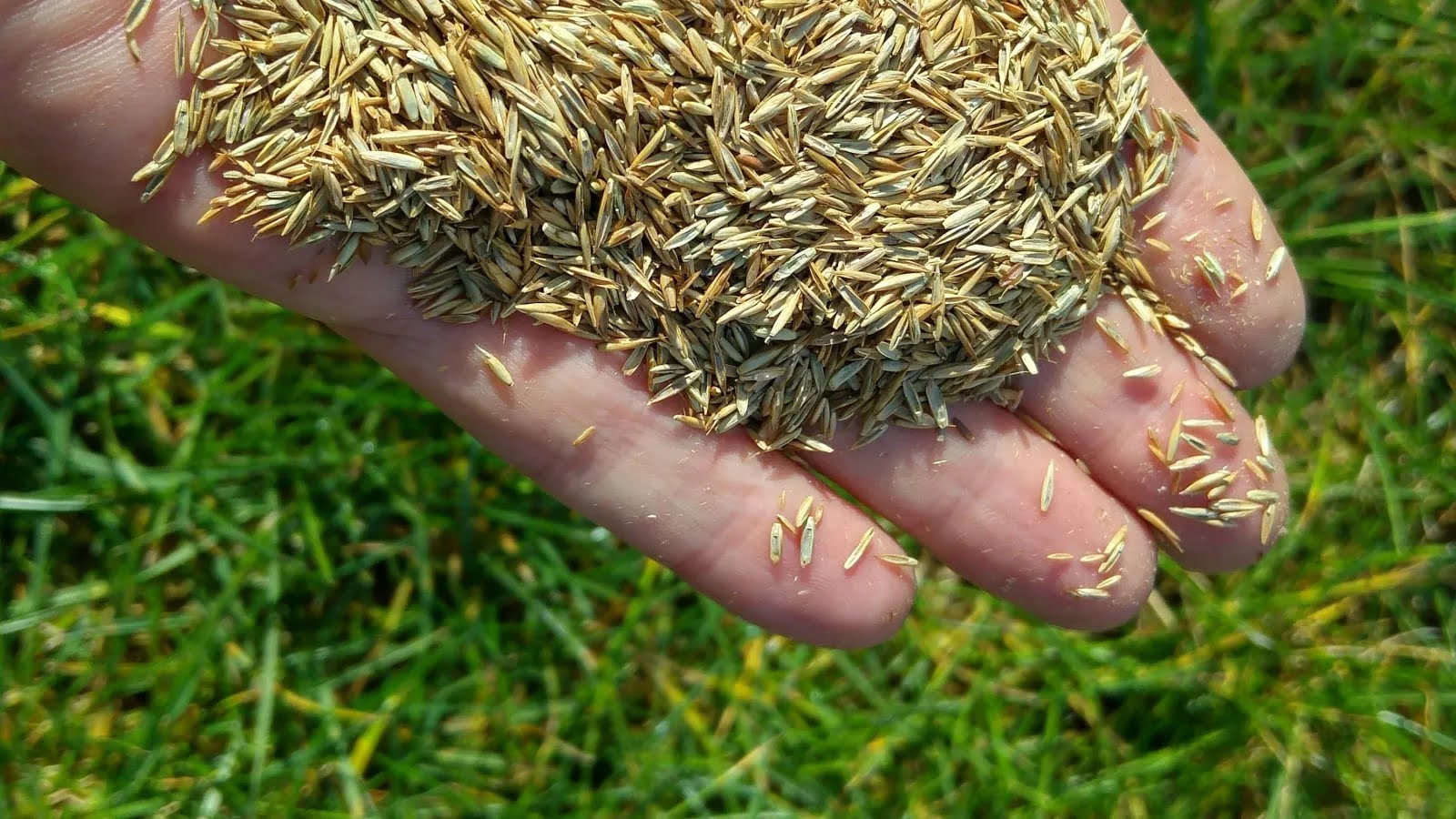

Garden Essentials
When To Seed Bermuda In Georgia
Modified: April 21, 2024
Looking to start a garden in Georgia? Learn the best time to seed Bermuda grass in this comprehensive guide to ensure a successful garden.
(Many of the links in this article redirect to a specific reviewed product. Your purchase of these products through affiliate links helps to generate commission for Storables.com, at no extra cost. Learn more)
Introduction
When it comes to cultivating a beautiful and vibrant garden, nothing quite beats the lushness of Bermuda grass. This warm-season grass variety thrives in the moderate climate of Georgia, making it an excellent choice for homeowners looking to achieve that coveted manicured lawn.
Bermuda grass (Cynodon dactylon) is known for its resilience and durability, making it ideal for high-traffic areas like lawns, parks, and sports fields. Its deep green color and fine texture create a visually appealing and luxurious carpet-like covering.
In this article, we will delve into the optimal time to seed Bermuda grass in Georgia, the climate and soil requirements it thrives in, and the essential steps to prepare your soil and ensure successful seeding. So, if you’re ready to transform your lawn into a stunning Bermuda grass oasis, let’s dive in!
Key Takeaways:
- Bermuda grass thrives in Georgia’s warm climate and needs ample sunlight, well-draining soil, and proper nutrients. Late spring to early summer is the best time to seed, and soil preparation is crucial for successful growth.
- Proper watering, maintenance, and addressing common issues like weed invasion and poor drainage are essential for a healthy Bermuda grass lawn. With care and attention, you can enjoy a lush and resilient outdoor space.
Read more: When To Seed Bermuda Grass In Georgia
Climate and Soil Requirements
Bermuda grass is well-adapted to warm climates, and Georgia’s long, hot summers provide the perfect environment for its growth. It thrives in regions with temperatures ranging from 75°F to 95°F (24°C to 35°C) during the day and no lower than 60°F (15.5°C) at night. The state’s USDA hardiness zones 7b to 9a are ideal for growing Bermuda grass.
In addition to temperature, Bermuda grass also requires abundant sunlight to thrive. It can tolerate partial shade, but for optimal growth and density, it needs at least 6 to 8 hours of direct sunlight daily. So, make sure you choose an area in your garden that receives ample sunlight throughout the day.
Apart from climate considerations, Bermuda grass has specific soil requirements. It prefers well-draining soil with a pH level between 5.8 and 7.0. If you’re unsure about your soil’s pH, you can easily test it using a home soil testing kit or consult with a local agricultural extension office.
To improve soil drainage and structure, it is advisable to amend heavy clay or compacted soil with organic matter, such as compost or peat moss. This will promote root development and prevent waterlogging, which can be detrimental to Bermuda grass health.
Another important factor to consider is soil fertility. Bermuda grass thrives in soil with adequate levels of nitrogen, phosphorus, and potassium. A soil test can determine if any amendments are needed to ensure optimal nutrient levels for healthy growth. Adding a balanced fertilizer formulated specifically for Bermuda grass is generally recommended.
Timing for Seeding Bermuda Grass
Timing is crucial when it comes to seeding Bermuda grass in Georgia. The ideal time to seed is during late spring to early summer when the soil temperature consistently reaches around 65°F (18°C) or higher. This period allows the seeds to germinate and establish themselves before the peak summer heat arrives.
Late May to early June is generally the optimal window for seeding Bermuda grass in Georgia. By seeding during this time, you give the grass ample time to establish itself and develop a strong root system before facing the intense summer heat. It also allows the grass to benefit from the longer daylight hours and warm soil temperatures, promoting faster and more robust growth.
It’s important to avoid seeding Bermuda grass too early in the spring when the soil is still cool, as this can result in poor germination and weak establishment. On the other hand, seeding too late in the summer can be risky, as the high temperatures and potential water restrictions can hinder the grass’s growth and survival.
If you miss the spring seeding window, you can also consider overseeding your existing Bermuda grass in late summer or early fall, usually around August to early September. This can help fill in any thin areas and promote a denser lawn before the cooler temperatures of winter set in.
Remember that timing might vary depending on specific weather conditions and location within Georgia. It’s always a good idea to monitor the soil temperature and consult with local gardening or lawn care experts for the most accurate and up-to-date seeding recommendations in your area.
Preparing the Soil
Before seeding Bermuda grass, it’s essential to ensure that the soil is properly prepared to provide an optimal environment for seed germination and establishment. Follow these steps to prepare your soil effectively:
- Remove any existing vegetation: Start by clearing the area of any existing grass, weeds, or debris. Use a lawnmower or a grass trimmer to cut the existing grass as short as possible. Then, remove the cuttings and any large debris by raking or using a leaf blower.
- Aerate the soil: Aerating the soil helps in loosening compacted soil and improving its drainage capabilities. You can use a garden fork or rent a core aerator to create small holes in the soil. Ensure that the holes are approximately 2-3 inches apart and penetrate at least 2-3 inches deep.
- Address soil imbalances: Test your soil’s pH level and amend it if necessary. If the pH level is too low (acidic), you can raise it by adding lime to the soil. Conversely, if the pH level is too high (alkaline), you can lower it by applying elemental sulfur. Follow the recommended application rates provided by your soil test results or consult with a local expert for guidance.
- Amend the soil: Incorporate organic matter, such as compost or aged manure, into the soil. This improves the soil structure, promotes nutrient retention, and enhances water drainage. Spread a layer of organic matter over the surface and use a garden tiller or a rake to mix it into the top 4-6 inches of soil.
- Level and smooth the soil: Use a garden rake to level the soil and fill any low spots or indentations. Aim for a smooth and even surface to ensure uniform seeding and eventual mowing.
Following these steps will provide a suitable environment for seeding Bermuda grass and help the seeds germinate more effectively. It’s important to note that proper soil preparation sets the foundation for a healthy and vigorous lawn, so investing time and effort into this step will pay off in the long run.
Tip: The best time to seed Bermuda grass in Georgia is in late spring or early summer when the soil temperature is consistently above 65°F. This will give the seeds the best chance to germinate and establish a strong root system before the hot summer months.
Seeding Methods
When it comes to seeding Bermuda grass in Georgia, you have a few different methods to choose from. The choice of method depends on your preference, the size of the area you’re seeding, and the equipment available to you. Here are the most common seeding methods for Bermuda grass:
- Broadcast seeding: This method involves spreading the Bermuda grass seeds evenly across the prepared soil surface by hand or using a broadcast spreader. It is a suitable option for larger areas or when you don’t have specialized equipment. After spreading the seeds, gently rake them into the soil to achieve good seed-to-soil contact.
- Hydroseeding: Hydroseeding is a popular method that involves spraying a mixture of Bermuda grass seeds, water, and mulch onto the soil surface. This technique promotes even seed distribution and helps to retain moisture, enhancing seed germination. Hydroseeding can be done with the assistance of a professional hydroseeding company or by renting a hydroseeding machine if you have a larger area to cover.
- Slit-seeding: Slit-seeding is a method that utilizes a slit-seeder machine to cut shallow grooves into the soil and simultaneously drop the Bermuda grass seeds into those grooves. This ensures good seed-to-soil contact for optimal germination. Slit-seeding is effective for areas with existing thin or bare patches and is commonly used for overseeding existing lawns.
- Sodding: Sodding involves laying down pre-grown Bermuda grass sod rolls directly onto the prepared soil surface. While it is the quickest way to establish a Bermuda grass lawn, it can also be more expensive than seeding. Sodding is a suitable option for those who desire an instant green lawn and are willing to invest in the initial cost.
Regardless of the seeding method you choose, make sure to follow the recommended seeding rates provided by the seed manufacturer. Proper seed-to-soil contact, adequate moisture, and consistent watering are crucial for successful seed germination and establishment.
Read more: When To Seed Grass In Georgia
Watering and Maintenance
Proper watering and maintenance are key to ensuring the successful establishment and continued health of your newly seeded Bermuda grass lawn in Georgia. Follow these guidelines to keep your lawn looking lush and vibrant:
- Watering: After seeding, it’s important to keep the soil consistently moist to promote seed germination. Water daily or as needed to keep the top inch of soil moist. Avoid overwatering, as this can lead to excessive soil saturation and encourage disease development. As the grass starts to establish, gradually reduce the frequency of watering but increase the amount of water applied to encourage deep root growth.
- Mowing: Once the Bermuda grass reaches a height of 1.5 to 2 inches, it’s time for the first mowing. Set your lawn mower to a height of around 1 inch to encourage the grass to thicken and promote a denser turf. Be sure to mow regularly, keeping the grass height between 1 to 1.5 inches throughout the growing season. Avoid mowing too short as it can weaken the grass and make it more susceptible to stress and weed invasion.
- Fertilizing: Bermuda grass benefits from regular fertilization to maintain its health and vibrancy. Apply a balanced fertilizer formulated specifically for Bermuda grass according to the manufacturer’s instructions. A typical fertilization schedule for Bermuda grass in Georgia involves applying nitrogen-rich fertilizer in late spring, early summer, and early fall. Follow recommended application rates and avoid excessive applications, as it can lead to thatch buildup and nutrient imbalances.
- Weed control: Proper lawn maintenance, including regular mowing and fertilization, can help prevent weed infestations. However, some weeds may still appear. Identify and properly treat them using appropriate herbicides labeled for Bermuda grass. Be cautious when using herbicides, following the instructions carefully to avoid damage to the Bermuda grass itself.
- Aeration and dethatching: Occasionally, you may need to aerate the soil to alleviate compaction and promote better water and nutrient absorption. Dethatching, which involves removing excessive thatch (accumulated dead grass and debris), is also recommended as needed. Both processes can be done using specialized equipment or by hiring professional lawn care services.
By following these watering and maintenance practices, you can ensure the health and longevity of your Bermuda grass lawn, keeping it looking lush and beautiful throughout the year.
Common Issues and Troubleshooting
While Bermuda grass is known for its resilience, there are a few common issues that you may encounter when growing it in Georgia. Understanding these challenges and knowing how to address them can help you maintain a healthy and thriving lawn. Here are some common issues and troubleshooting tips:
- Weed invasion: Bermuda grass is susceptible to weed invasion, especially in the early stages of establishment. To prevent weeds from taking over, maintain a regular mowing schedule and promptly remove any weeds that appear. Applying a pre-emergent herbicide can also help in preventing weed seeds from germinating in the first place.
- Poor drainage: If your Bermuda grass is experiencing poor drainage and waterlogging, it may be due to compacted soil or improper grading. Consider aerating the soil to improve its drainage capabilities. If the issue persists, you may need to consult with a professional to assess and address any underlying drainage problems.
- Disease and pests: Certain diseases, such as brown patch and dollar spot, can affect Bermuda grass, particularly in hot and humid conditions. To prevent and manage these diseases, ensure proper watering practices, adequate air circulation, and regular maintenance. Look out for signs of pests, such as grubs or armyworms, and take appropriate measures to address infestations as necessary.
- Thatch buildup: Thatch, a layer of accumulated dead grass and debris, can hinder water and nutrient penetration. If thatch buildup becomes excessive (over half an inch), consider dethatching the lawn using a specialized dethatching rake or a dethatching machine. This helps to promote better airflow, water absorption, and overall lawn health.
- Drought stress: During periods of drought or water restrictions, Bermuda grass may experience stress and turn brown. To mitigate drought stress, water deeply and infrequently, encouraging the grass to develop deeper roots. Applying a slow-release, water-conserving fertilizer can also help improve the grass’s ability to withstand drought conditions.
If you encounter any of these issues or notice other abnormalities in your Bermuda grass lawn, don’t hesitate to seek advice from a local lawn care professional or extension office. Early detection and appropriate action can save you time and effort in restoring the health and vitality of your lawn.
Conclusion
Growing Bermuda grass in Georgia can transform your lawn into a lush and vibrant oasis. By understanding the climate and soil requirements, timing for seeding, and proper maintenance practices, you can establish a healthy and beautiful Bermuda grass lawn that will be the envy of your neighbors.
Remember to seed Bermuda grass during the optimal late spring to early summer window, ensuring that the soil temperature is consistently warm. Prepare your soil thoroughly by removing existing vegetation, aerating, addressing soil imbalances, and incorporating organic matter. Choose the seeding method that suits your needs, whether it’s broadcast seeding, hydroseeding, slit-seeding, or sodding.
Watering your newly seeded lawn consistently and correctly is crucial for successful germination. As the grass establishes, adjust your watering schedule to promote deep root growth. Regular maintenance, such as mowing, fertilizing, and weed control, will keep your Bermuda grass healthy and vigorous.
Be aware of common issues like weed invasion, poor drainage, diseases, pests, and thatch buildup. Take appropriate measures to address these issues promptly, and consult with experts if needed.
In conclusion, with proper care and attention, Bermuda grass can provide you with a lush and resilient lawn that will thrive in Georgia’s climate. Enjoy the beauty and durability of this warm-season grass variety as it transforms your outdoor space into a welcoming and vibrant environment for relaxation and enjoyment.
Frequently Asked Questions about When To Seed Bermuda In Georgia
Was this page helpful?
At Storables.com, we guarantee accurate and reliable information. Our content, validated by Expert Board Contributors, is crafted following stringent Editorial Policies. We're committed to providing you with well-researched, expert-backed insights for all your informational needs.
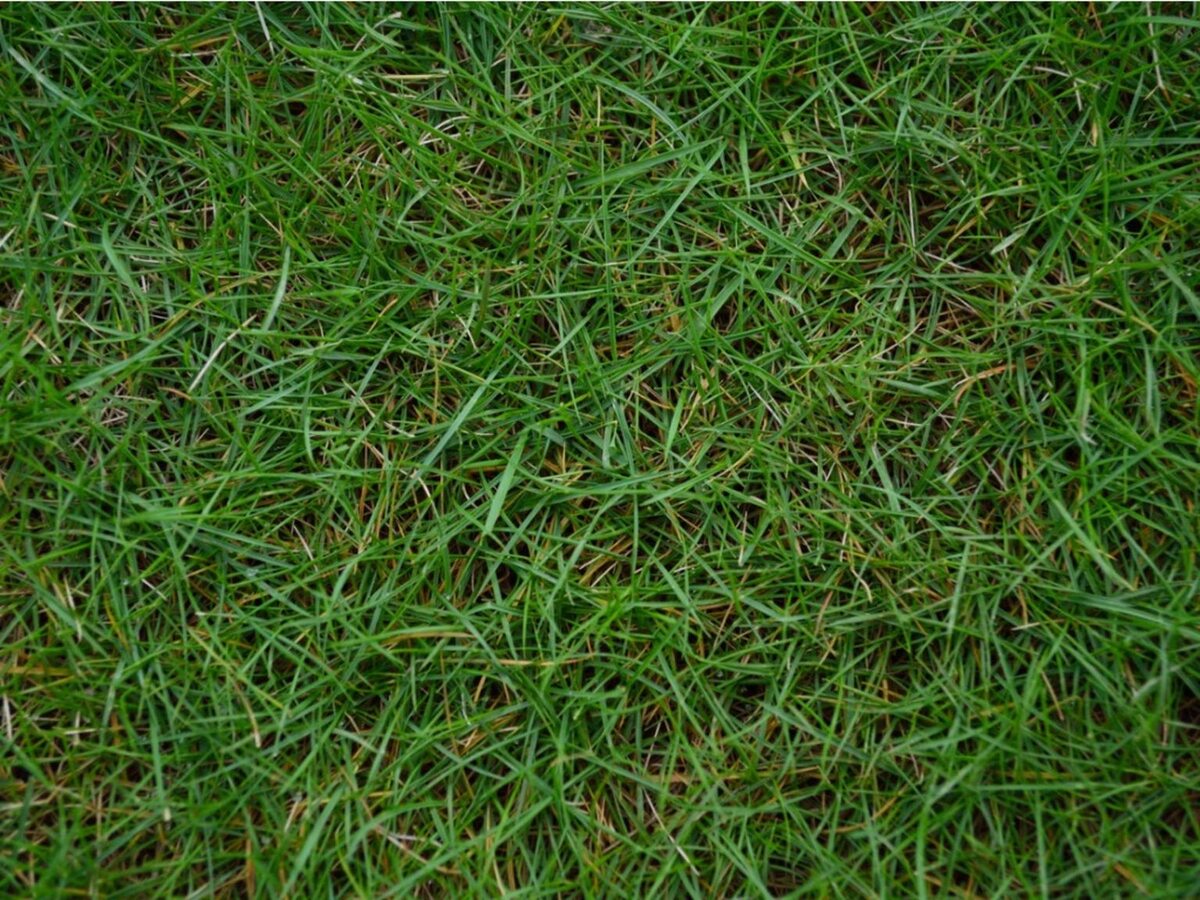
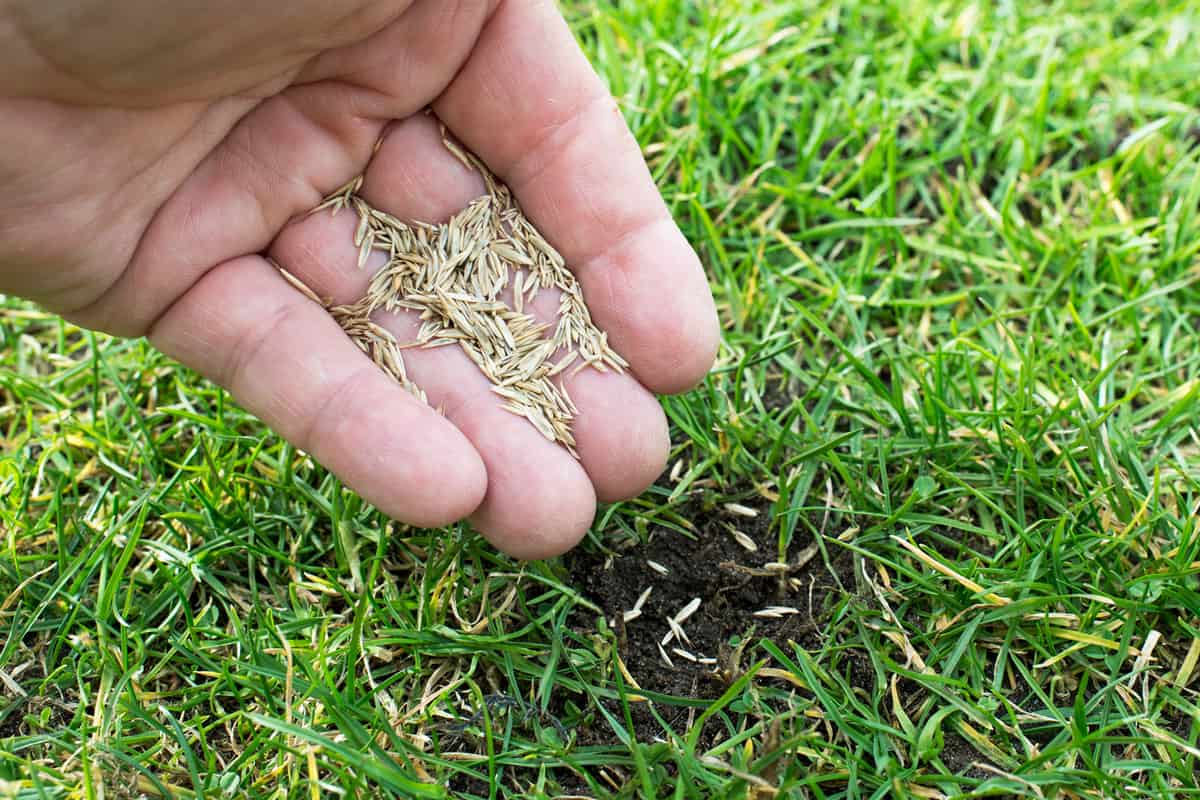
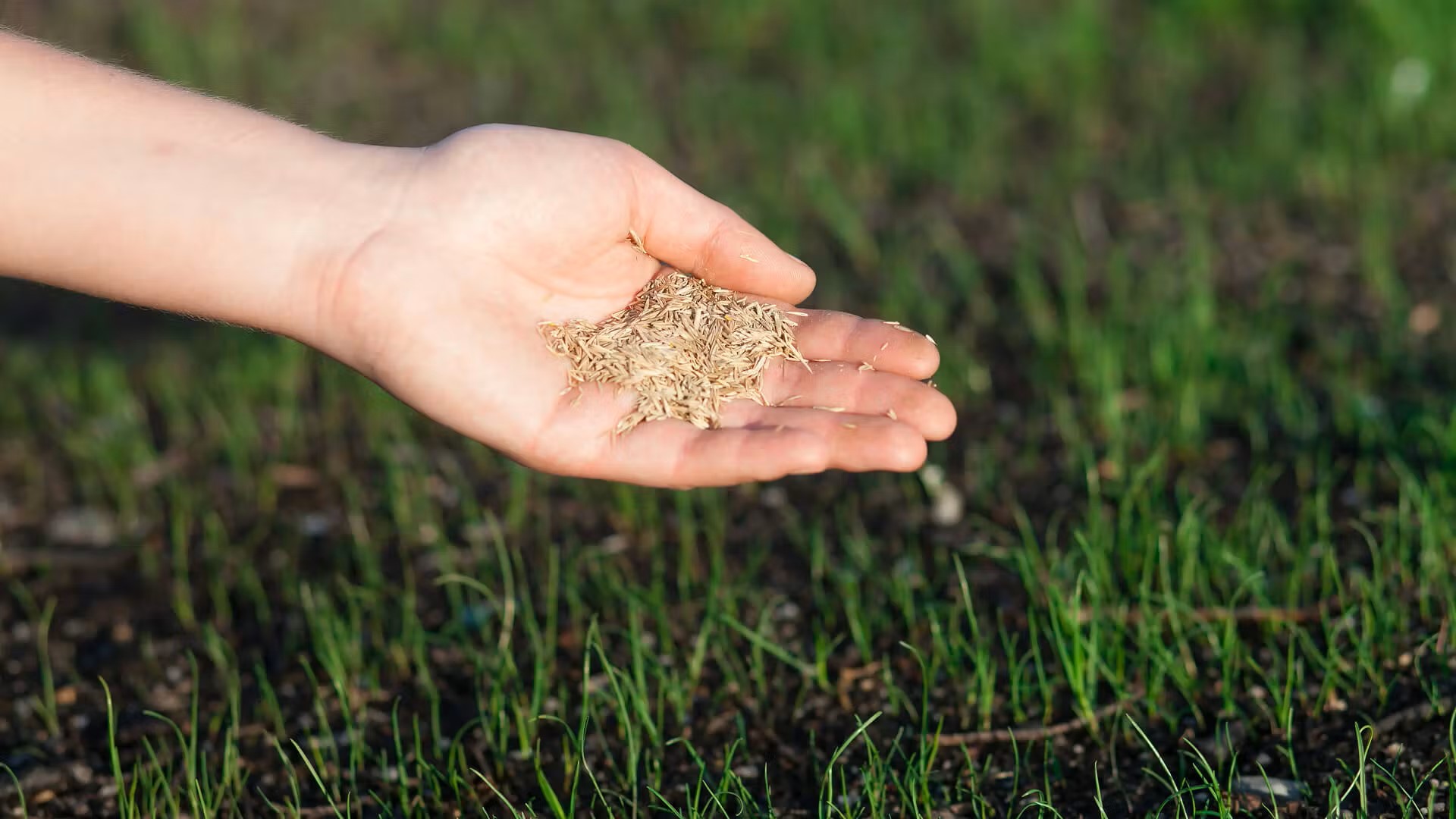
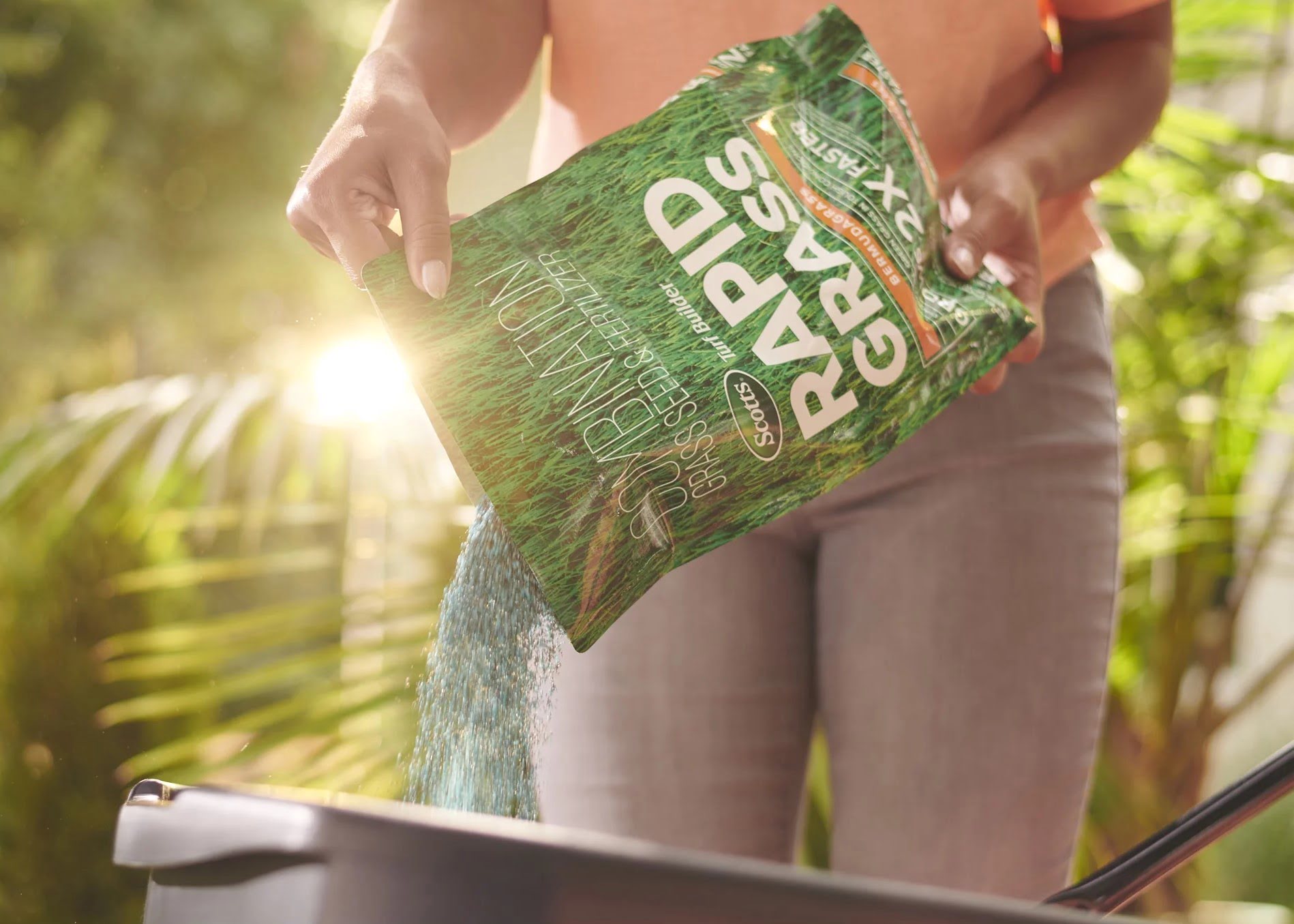
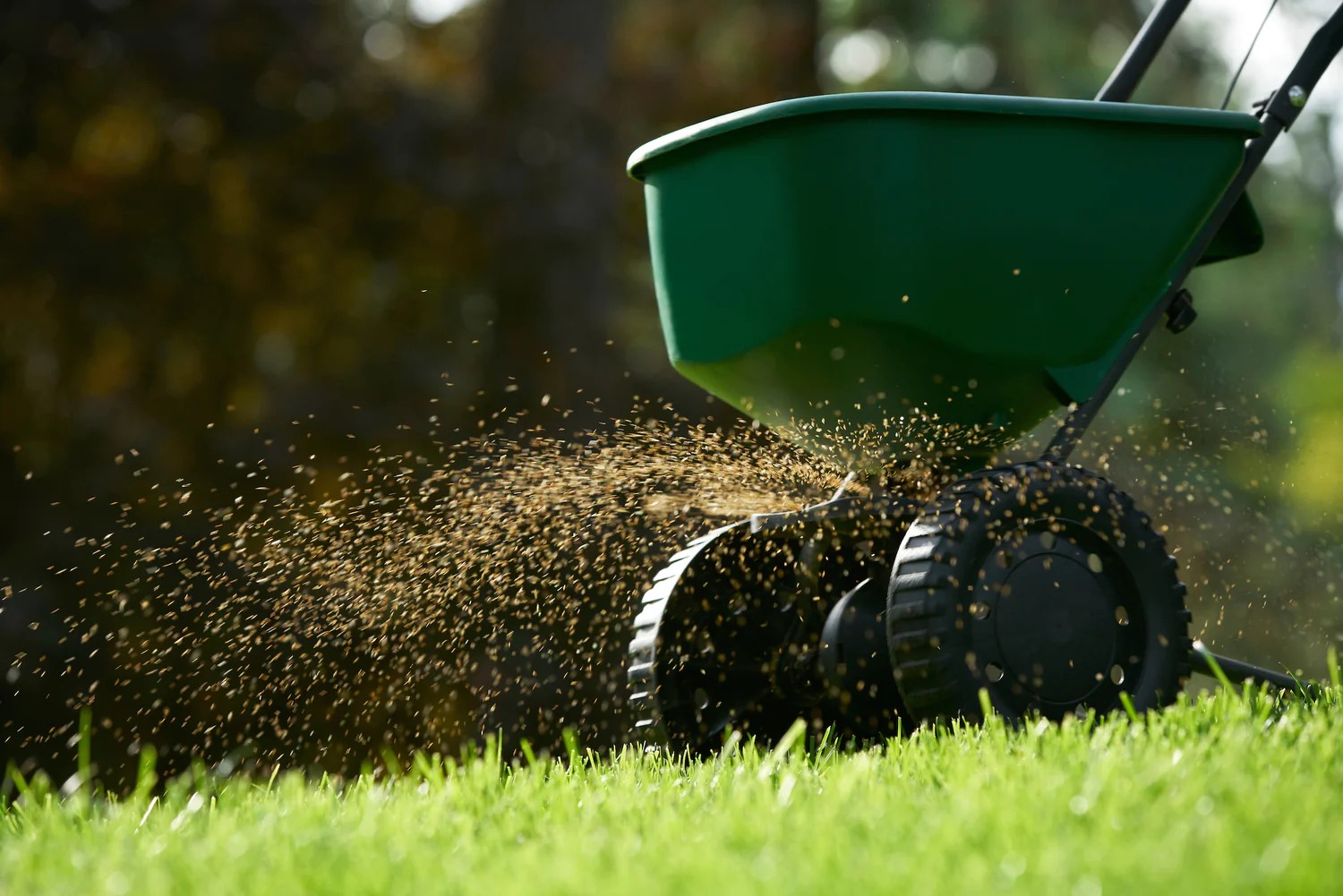
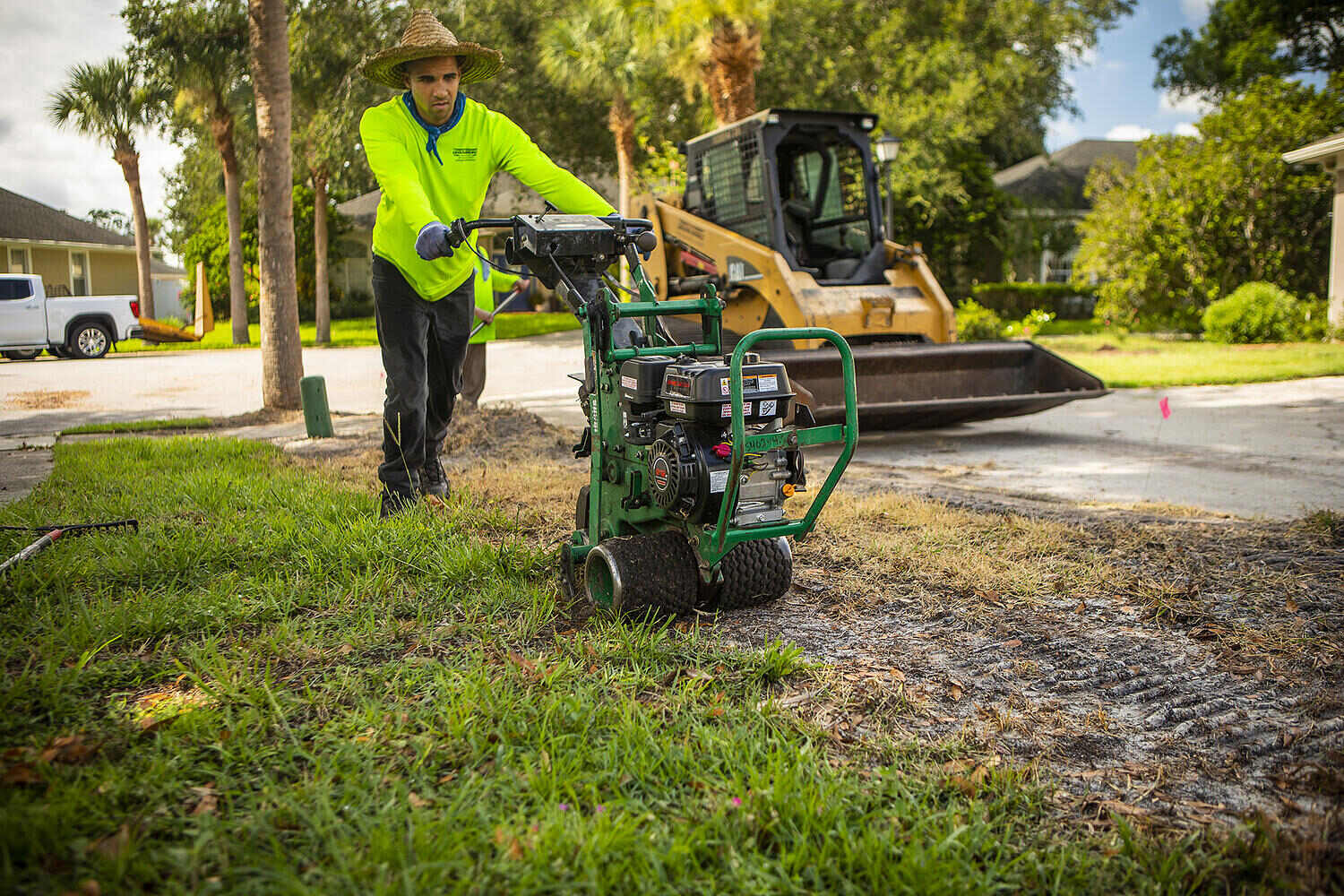
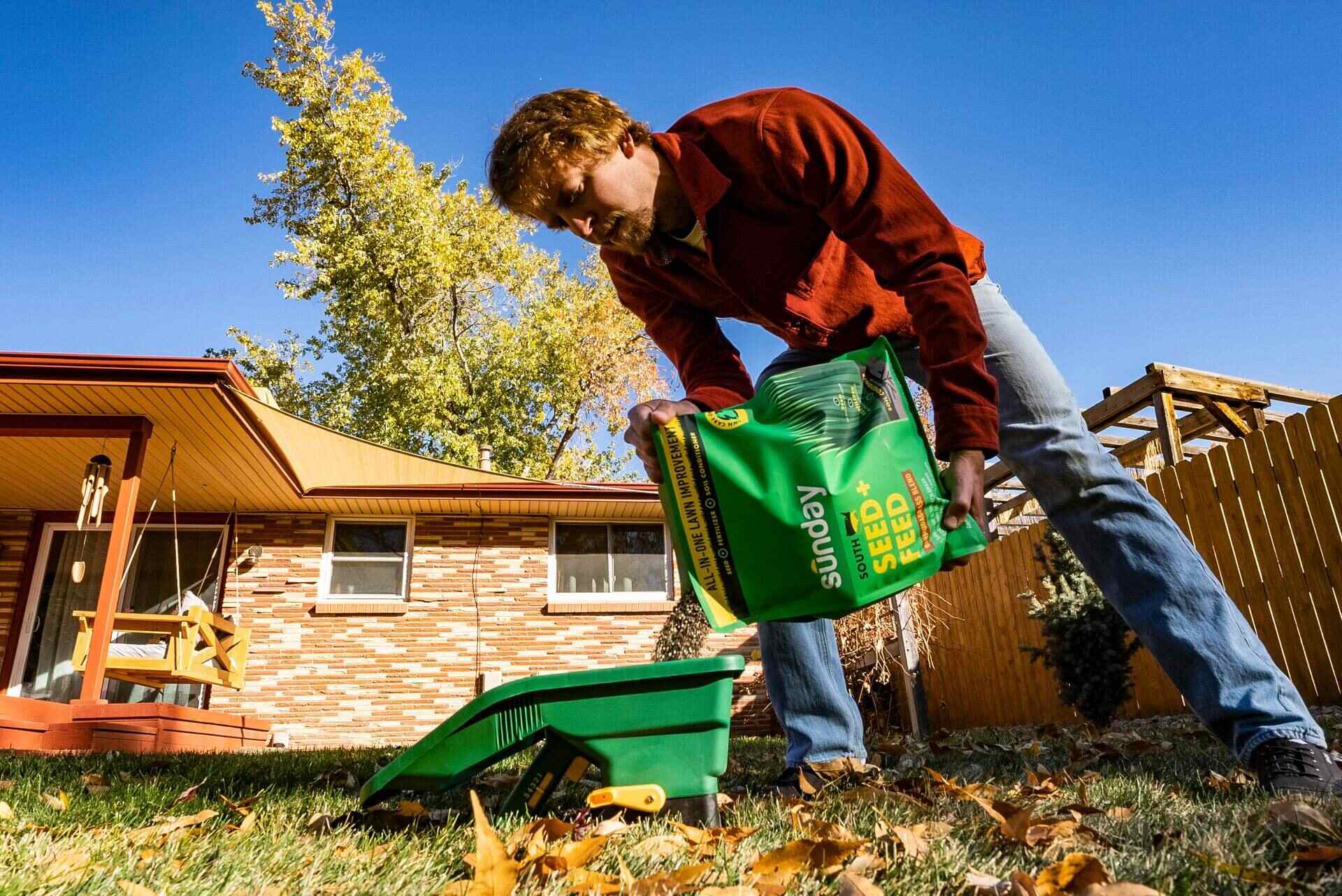
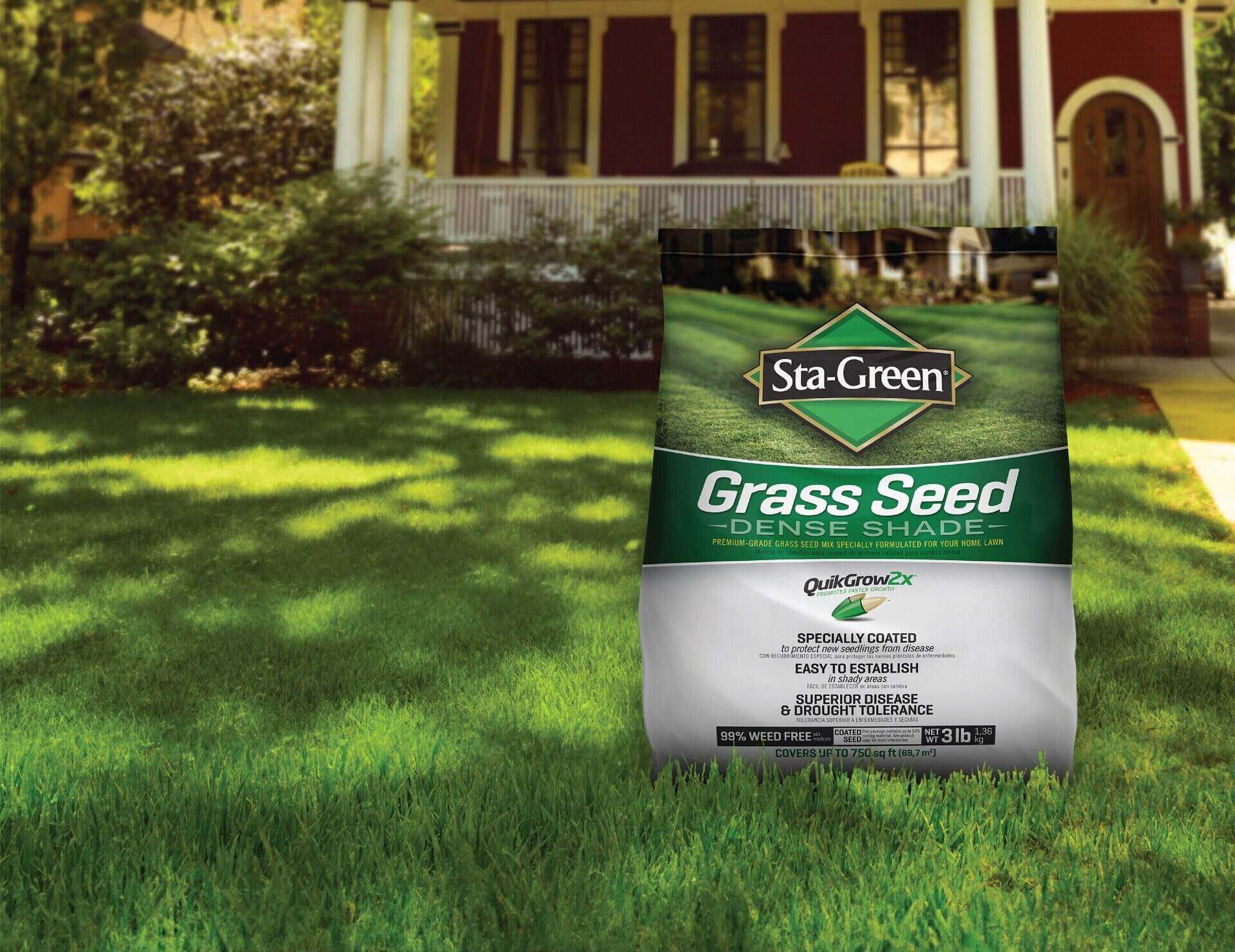
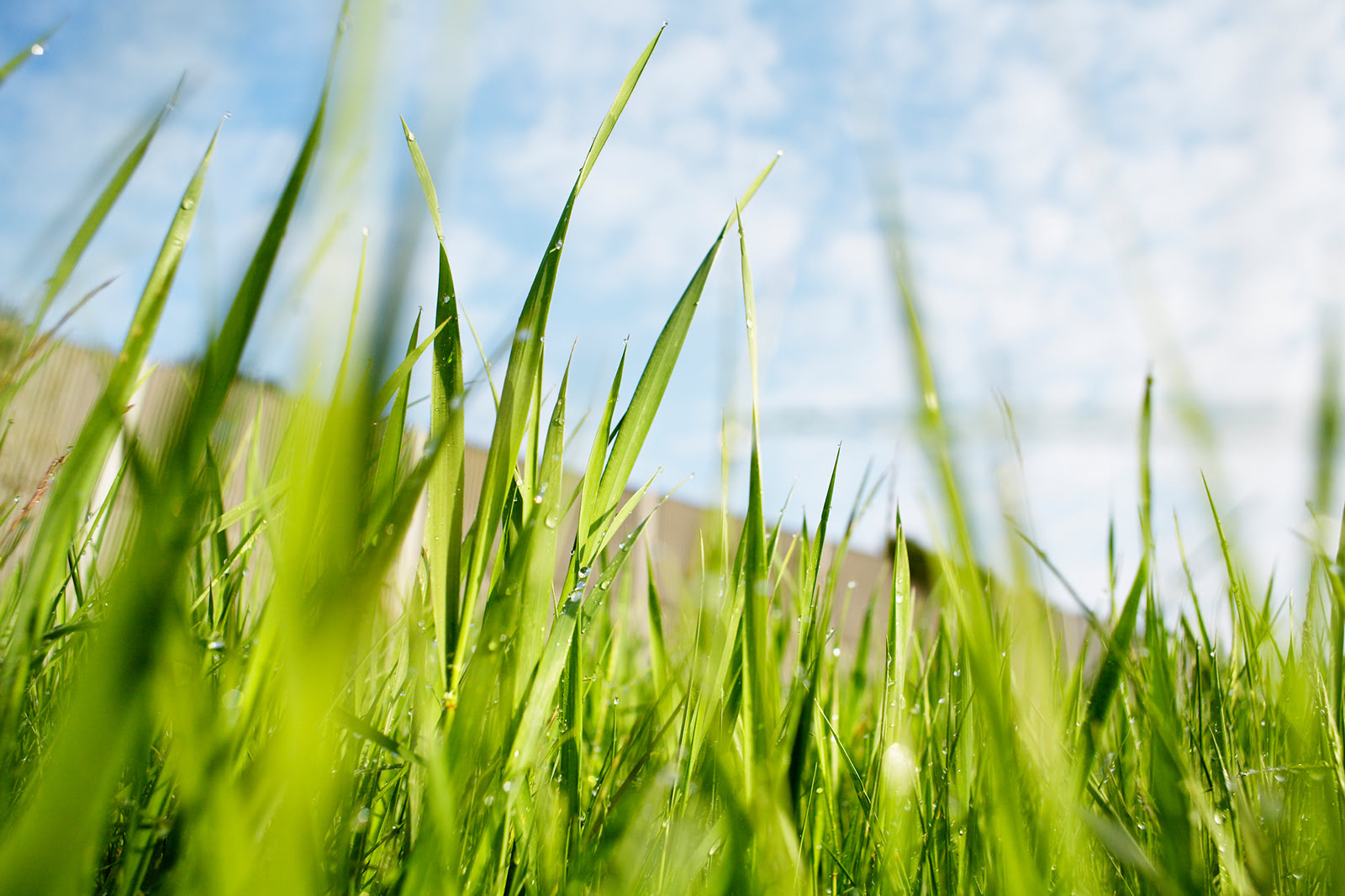
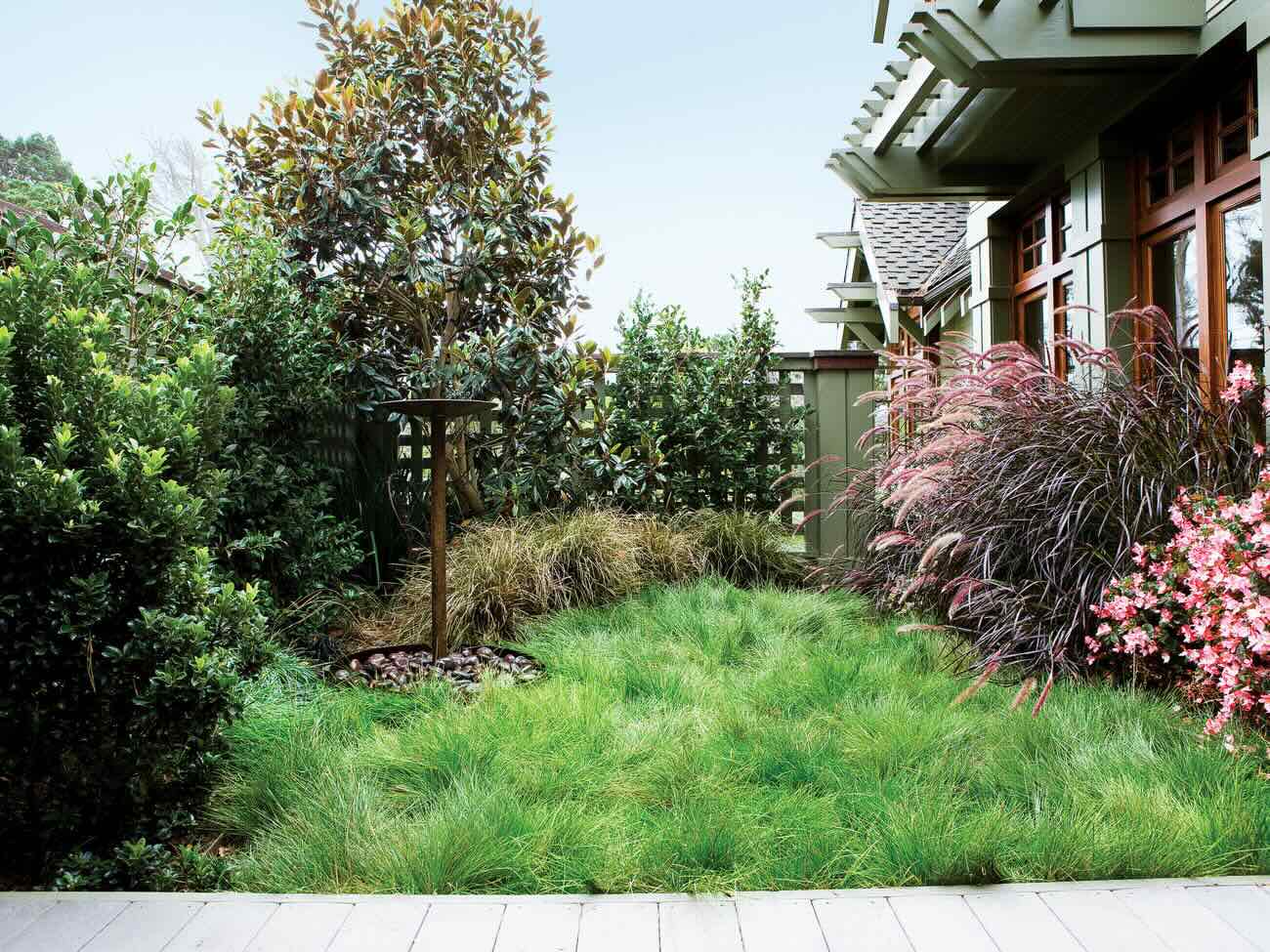
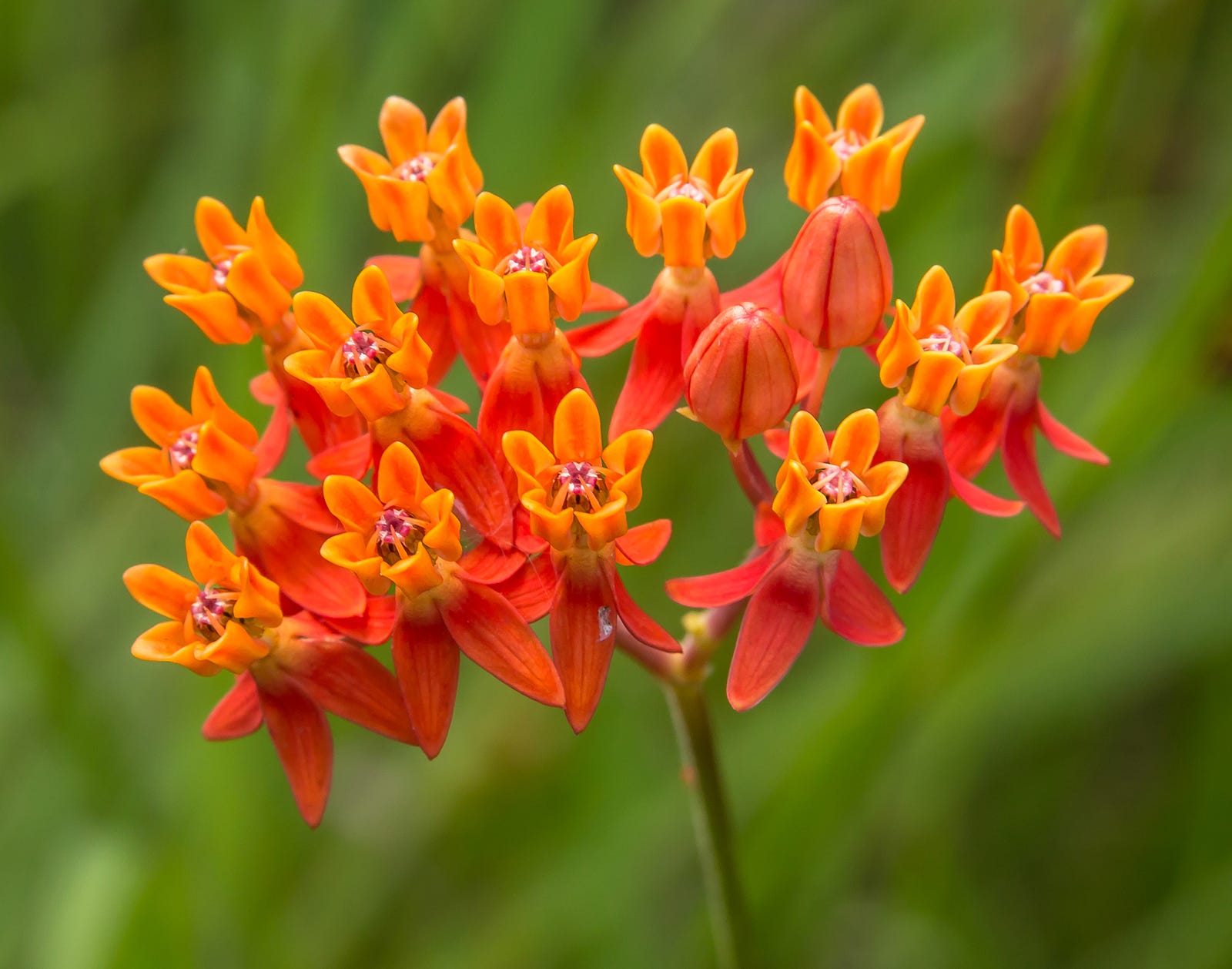
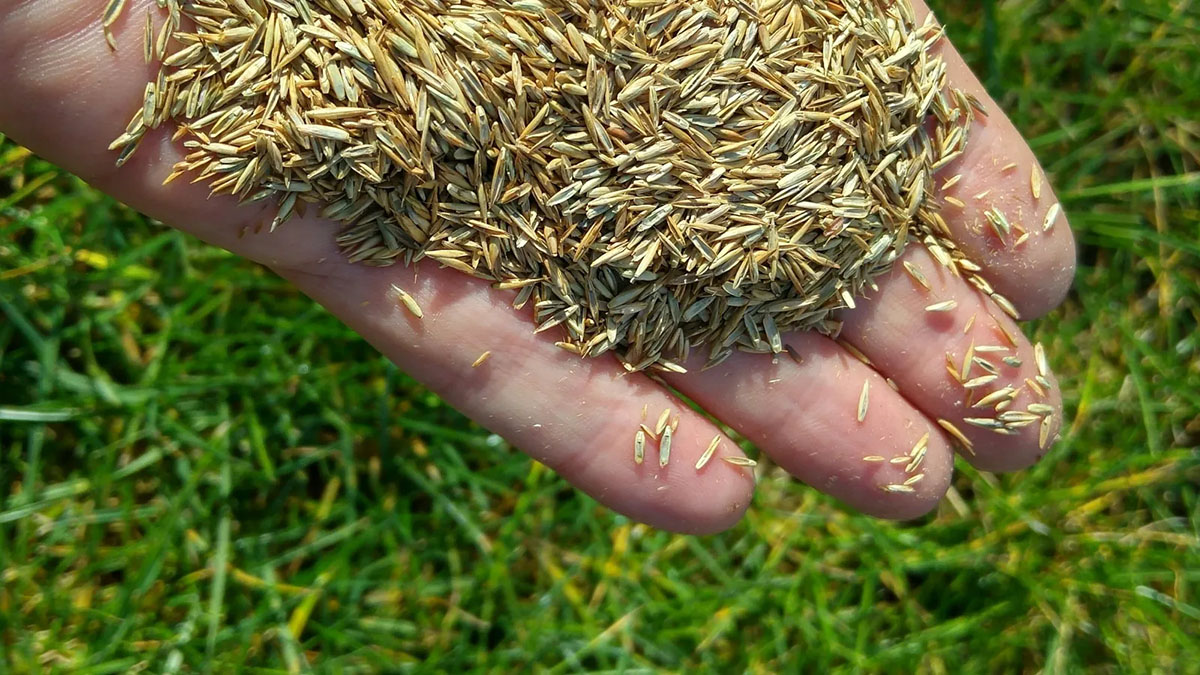
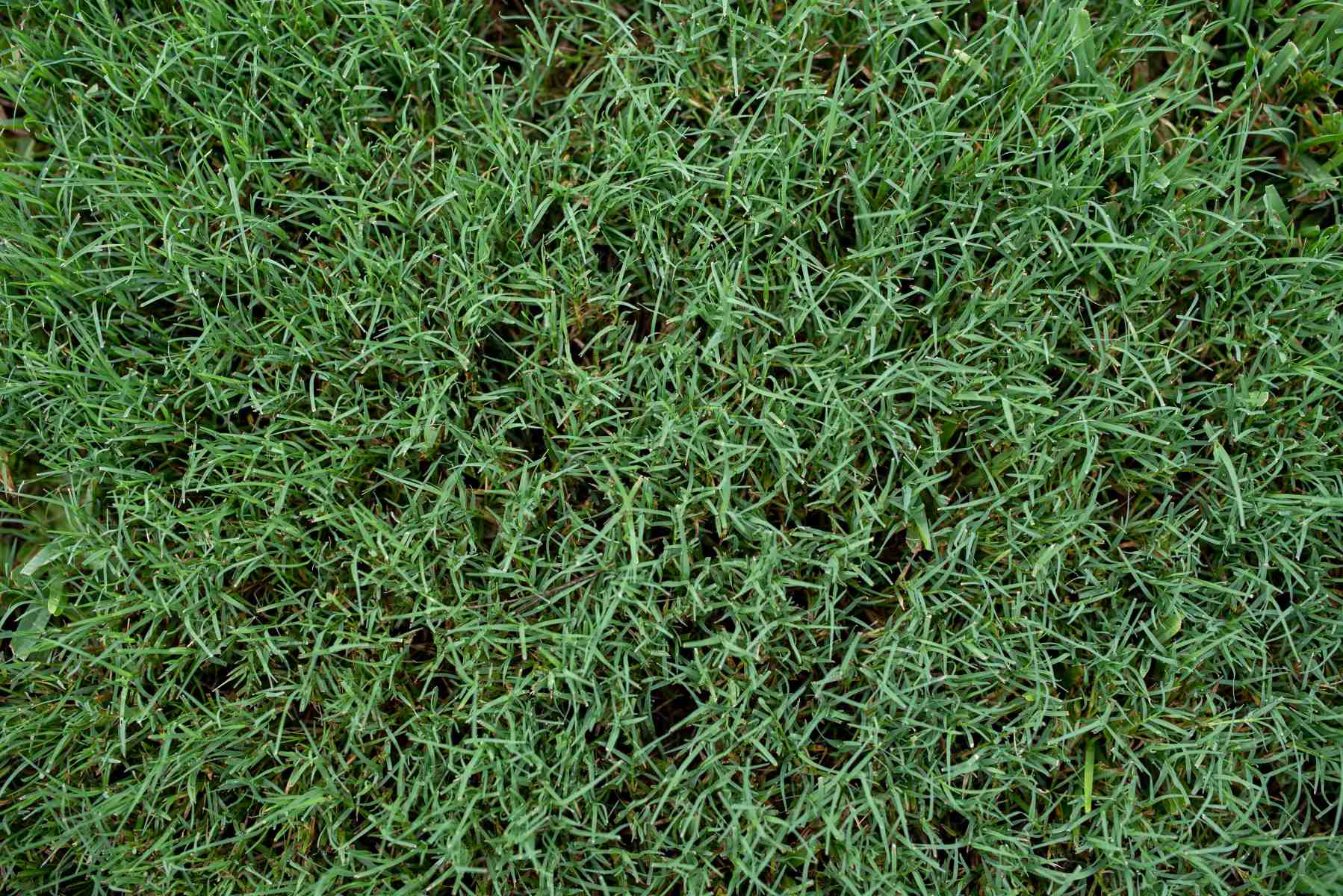
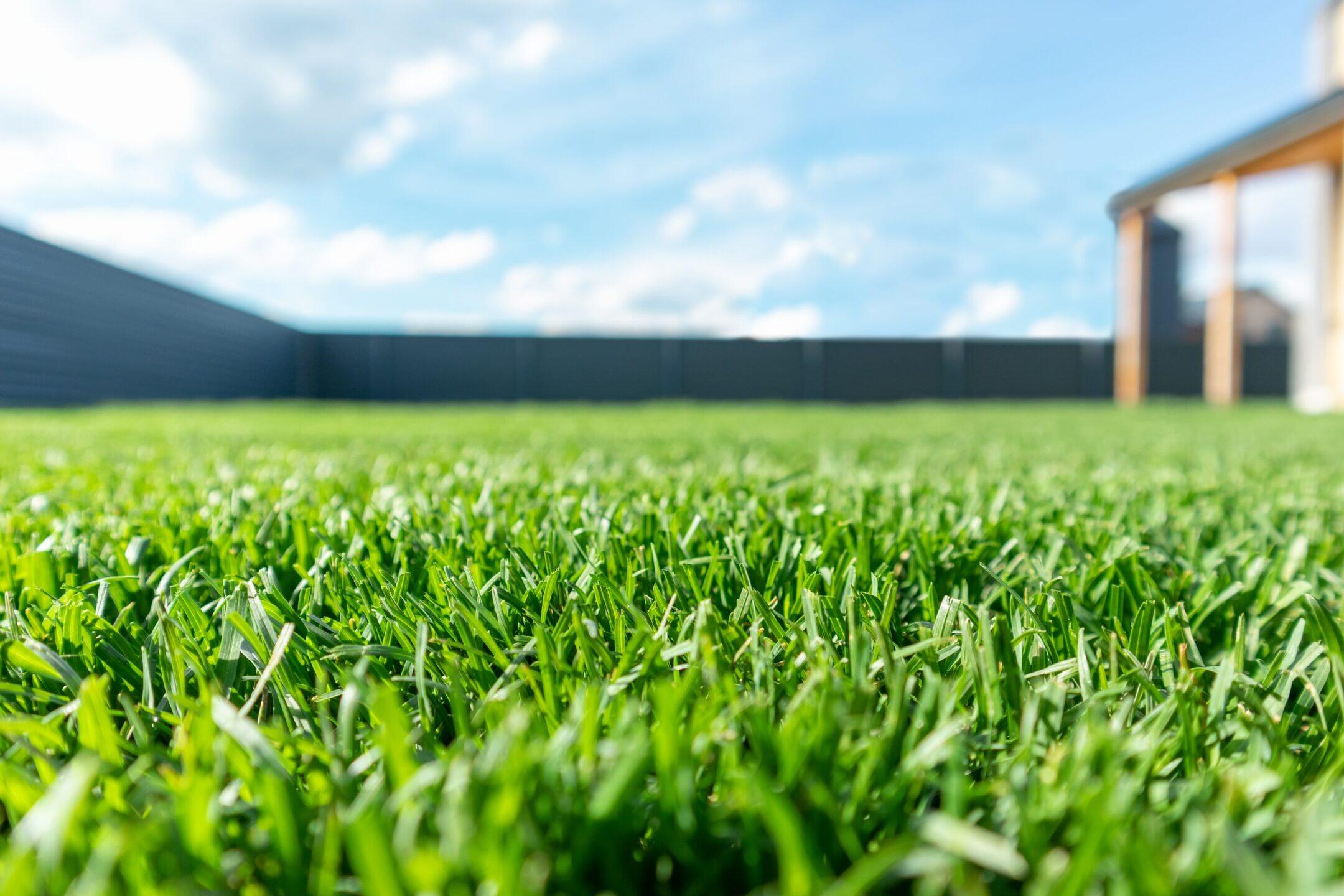

0 thoughts on “When To Seed Bermuda In Georgia”